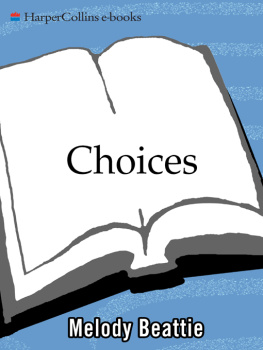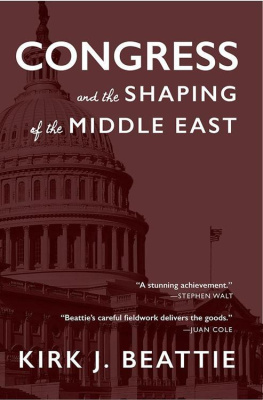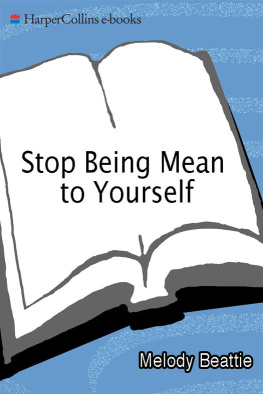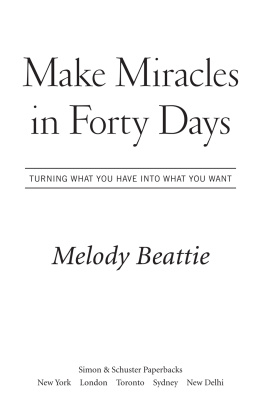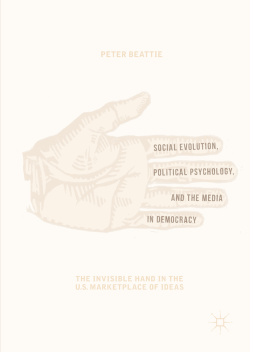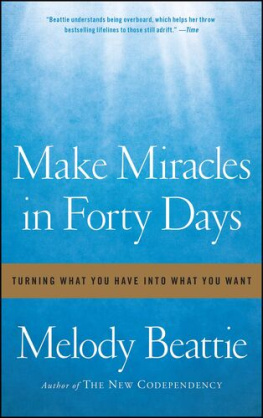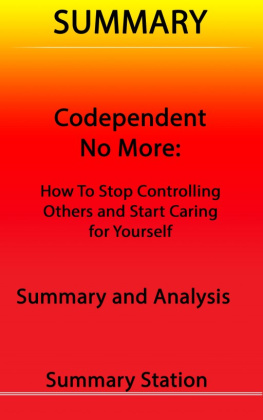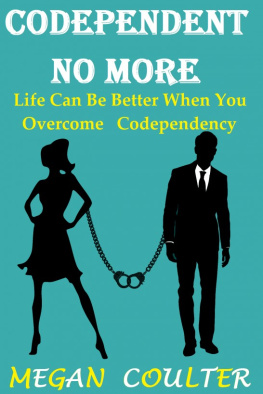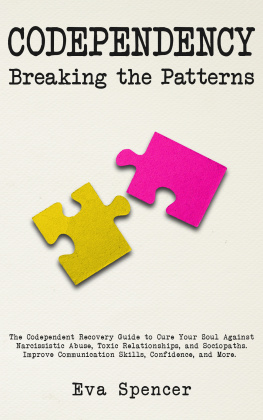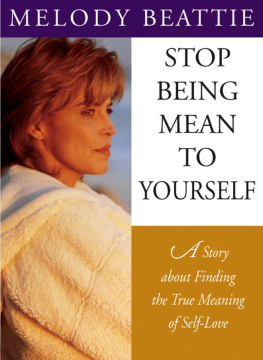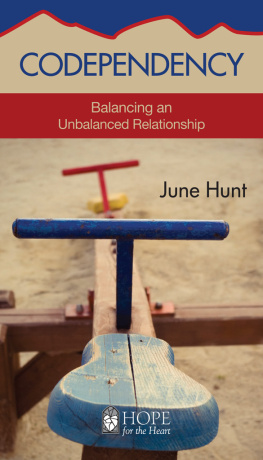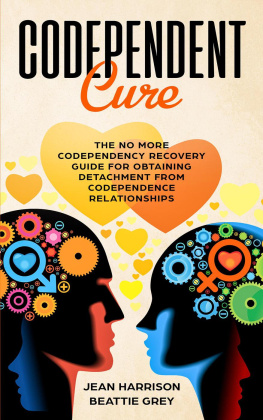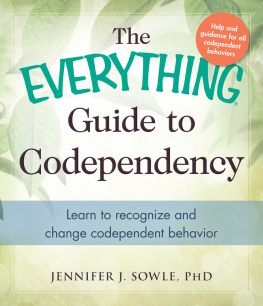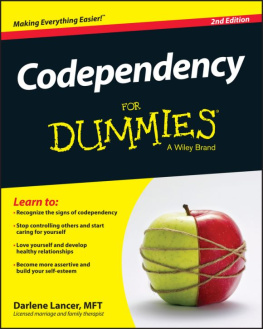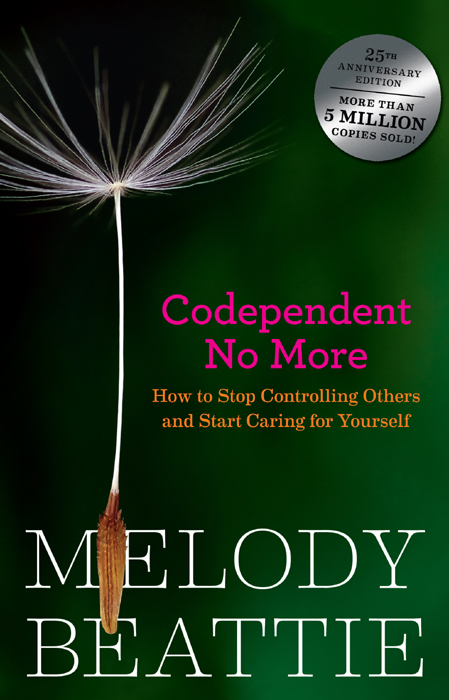CODEPENDENT NO MORE
CODEPENDENT NO MORE
How to Stop Controlling Others and
Start Caring for Yourself
Melody Beattie
HAZELDEN
ALSO BY MELODY BEATTIE
Beyond Codependency
Choices
Codependent No More Workbook
Codependents Guide to the Twelve Steps
52 Weeks of Conscious Contact
Finding Your Way Home
Gratitude
The Grief Club
Journey to the Heart
The Language of Letting Go
The Language of Letting Go Journal
The Lessons of Love
More Language of Letting Go
The New Codependency
Playing It by Heart
Stop Being Mean to Yourself
It is not easy to find happiness in ourselves, and it is not possible to find it elsewhere.
AGNES REPPLIER,
The Treasure Chest

For helping make this book possible, I thank:
God, my mother, David, my children, Scott Egleston, Sharon George, Joanne Marcuson, and all the codependent people who have learned from me and allowed me to learn from them.
THIS BOOK IS DEDICATED TO ME.

CONTENTS
A TWENTY-FIFTH ANNIVERSARY MESSAGE FROM MELODY BEATTIE
Since I wrote this book, Ive been to the top of the mountain, walked through the dark tunnel of my sons death, reached the Light at the end of the tunnel, and given others hope when I got there. Ive also put on as many years as this book has. It still carries the same message, one I stand behind and often need to remember myself.
I know when to say no and when to say yes. I take responsibility for my choices. The victim? She went somewhere else. The only one who can truly victimize me is myself, and 99 percent of the time I choose to do that no more. But I need to continue to remember the key principles: boundaries, letting go, forgiveness after feeling my feelingsnot before, self-expression, loving others but loving myself, too.
There have been cycles in how this books messages have been received and applied. For a while, some people grew tired of working on themselves. Medications have helped many people deal with very real symptoms of depression and anxietybut for others, those same medications can conveniently mask the discomfort that could have pushed them to get help. Even cell phones can mask the pain behind obsessions: people dont have to stay home and become uncomfortable waiting for him or her to callthey can bring their phone and their obsessions with them and act them out anywhere, anytime. Weve learned to become therapeutically correct and cover our insecurity with all the right lingo. But many of us have started to see how severe the consequences of these behaviors could be. That cycle is ending.
Its clear now that codependency isnt a fad, as some people once claimed. Its come full circle. As family illnesses, from alcoholism to Alzheimers disease, continue to become openly discussed by more people, so does the number of people seeking help for codependency increase. This little book still has more work to do.
Dont give up hope. It took many of us twenty years or more to acquire these protective behaviors we umbrella with the word codependency. It may take as much time as that to let go of them. I dont know why Life chose me to be the messenger for this, but Im grateful for the work Ive been given to do. Thanks for letting me be of service.
Happy twenty-fifth birthday, Codependent No More.
With love and gratitude,
Melody Beattie
AUTHORS PREFACE TO THE 2001
FIFTEENTH ANNIVERSARY EDITION
Taking care of myself is a big job.
No wonder I avoided it for so long.
ANONYMOUS
The year was 1986. Pioneers such as Janet Geringer Woititz, Robert Subby, and Earnie Larsen were trying to convince people that the non-drinking person in a relationship with an alcoholic got just as out of control, was in just as much pain, and needed just as much healing as the alcoholic.
Al-Anon groups across the country and the world were quietly trying to bring hope and healing to this same group of people: the codependents.
The message carried by all the pioneers of codependency recovery was the same: Not only can we lovingly detach from other people and take care of ourselves, it is our primary responsibility in life to do that.
To a world that believed in control and victimization, this message was revolutionary. So was the word codependency.
My computer refused the recognize codependency as a legitimate word as I tapped out the manuscript that was yet to be entitled Codependent No More.
Addictions and recovery sections did not yet exist in bookstores.
Codependents were having a difficult time finding the help and healing they needed.
Ground was just being broken.
Now its 2001.
The World Health Organization reports an increase in illicit drug use. The National Association for Children of Alcoholics reports that about 43 percent of the U.S. population has been exposed to alcoholism in their families. And about one out of every eight American adult drinkers consumes alcohol problematically or alcoholically.
These figures dont include the number of families affected by physical or mental illness, sexual addiction, abuse, neglect, and the myriad of problems that can lead people to cope by behaving codependently, giving themselves and their loved ones less of a chance for living a full life.
My laptop computer now recognizes and offers a suggested spelling for the word codependency. The world recognizes it, too. The word, or at least the symptoms and the treatment, appears regularly in novels, television shows, movies, and normal conversations between ordinary people. The addictions and recovery section at the bookstore is overflowing.
The purpose of this preface is simple: I want to say thank you. First, I want to thank the numerous experts and authors who brought groundbreaking information to people who were still suffering. These individuals include Janet Geringer Woititz, Earnie Larsen, Sandra Smalley, Pia Mellody, Robert Subby, Brenda Schaeffer, Gayle Rosellini, Mark Worden, Sharon Wegscheider-Cruse, Terence Gorski, Terry Kellog, Patrick Carnes, John Bradshaw, Rokelle Lerner, Anne Wilson Schaef, Robin Norwood, and Charles Whitfield.
I also want to thank organizations such as Al-Anon and Codependents Anonymous, and publishers such as Hazelden, that bring their healing philosophies and words to millions of people.
I want to thank each person who has the courage to push through and past the set of coping behaviors weve come to label as codependencywho learn what it means to take care of themselves.
Nobody taught me how to take care of myself, a fifty-year-old woman told me recently. I didnt have enough money to go to therapy, but I had enough to buy a book.
Codependent No More has had several different jackets since Hazelden originally published it in 1986. But many people, including me, remember with fondness that original book with a bright yellow cover and black lettering.
Happy fifteenth birthday, Codependent No More.
And thanks to all of you for naming that pain and making an extraordinary miracle an ordinary one.


![Beattie - Melody Beattie bundle: [a collection of four Melody Beattie best sellers]](/uploads/posts/book/249274/thumbs/beattie-melody-beattie-bundle-a-collection-of.jpg)
